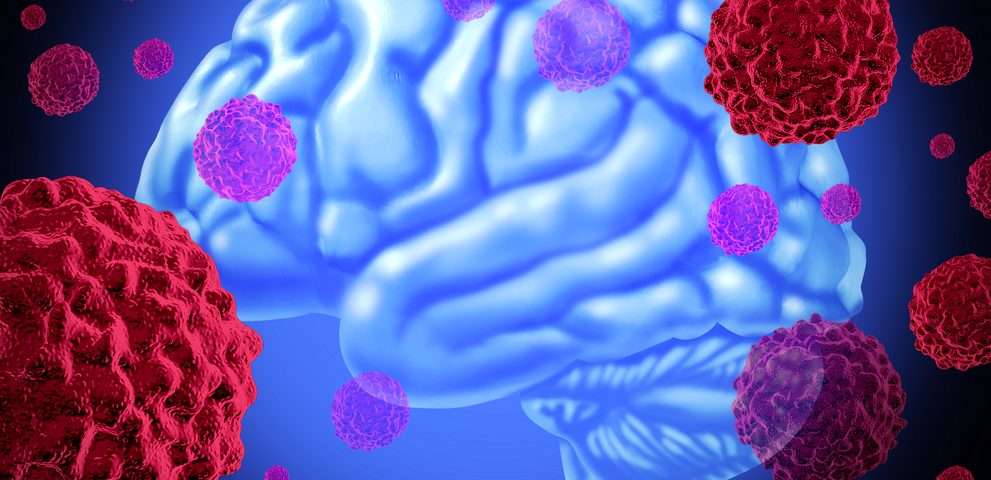Researchers have uncovered the mechanism that allows breast cancer cells to colonize the brain, a feature that occurs in nearly 40 percent of HER-positive breast cancer patients.
When cells are metastasizing to the brain, they wrap themselves in a mesh of reelin, a protein typically found in the brain. This allows the cells to disguise themselves as “friendly” cells and escape the brain’s natural defense mechanisms. Understanding these evasion mechanisms may lead to the development of new therapies that halt the spread of breast cancer cells to the brain.
The study, “Astrocyte-induced Reelin expression drives proliferation of Her2+ breast cancer metastases,” appeared in Clinical and Experimental Metastasis.
“More women than ever are surviving breast cancer only to die from breast tumors growing in their brains years after they’ve been declared cancer-free,” neurosurgeon and scientist Rahul Jandial, MD, PhD, who led the study, said in a news release. “I wanted to understand why women with HER2-positive breast cancer (around 20 percent of all breast cancers) have higher rates of brain metastases than women with other breast cancer subtypes and in turn, find their biological Achilles heel to develop new medicines.”
Jandial and his team at City of Hope in Duarte, California, examined women with HER2-positive breast cancer who had undergone a mastectomy and surgery to remove brain metastasis. After comparing the expression of proteins in the breast and brain tumor samples, the team found that reelin expression was low in the breast tumor samples, but significantly higher in the brain metastasis.
Reelin is an extracellular protein that regulates the migration and proliferation of neurons in the brain. By covering themselves with this protein, the cancer cells enter the brain and grow without alarming the brain immune system.
“The cells are essentially able to act as spies that look like citizens,” said Jandial. “They release a mesh of protein and escape the brain’s natural defense weapons, causing tumors to grow in the brain.”
Importantly, the researchers did not observe this mechanism in triple-negative breast cancers, suggesting that it may explain why HER2-positive breast cancers are more prone to metastasize to the brain than any other breast cancer subtype.
The vast majority of cancer-related deaths are not caused by the primary tumor, but because it has spread to other organs. Patients with brain metastasis, for example, only have a 20 percent chance of surviving one year after being diagnosed. Therefore, understanding how cancer cells spread to other organs, particularly to the brain, may help develop novel therapies that prevent this mechanism, improving patients’ outcomes.

